Imagine waking up refreshed, energized, and ready to conquer your day. Sounds like a dream, right? In 2025, that dream is closer than ever, thanks to cutting-edge sleep trackers that turn your nights into a science experiment for better rest. These nifty devices don’t just count sheep—they analyze your sleep patterns, heart rate, and even your breathing to help you optimize your shut-eye. With so many options flooding the market, how do you pick the best one? Let’s dive into the world of sleep trackers, explore the top picks for 2025, and figure out how they can transform your nights.
Why Sleep Tracking Matters
Ever wonder why some days you feel like a superhero and others like a zombie? It’s all about sleep. Quality rest isn’t just about clocking eight hours—it’s about diving into deep, restorative sleep stages that recharge your body and mind. Sleep trackers are like personal sleep coaches, giving you the data to understand what’s happening while you’re snoozing and how to make it better.
The Role of Sleep in Well-Being
Sleep is the unsung hero of health. It regulates your mood, sharpens your focus, and even keeps your heart in check. Skimp on it, and you’re flirting with stress, weight gain, and a foggy brain. According to the CDC, one in three Americans isn’t getting enough quality sleep, which can snowball into serious health issues like obesity or chronic pain. A good sleep tracker helps you spot patterns—like how that late-night coffee messes with your REM sleep—so you can tweak your habits.
How Sleep Trackers Work
Think of sleep trackers as tiny detectives. They use sensors like accelerometers, heart rate monitors, and sometimes even temperature gauges to piece together your sleep puzzle. By tracking movement, heart rate variability (HRV), and blood oxygen levels, they estimate when you’re in light, deep, or REM sleep. Some even detect snoring or breathing disturbances. The data gets funneled into an app, where you get a breakdown of your night, complete with scores and tips. It’s like having a sleep lab on your wrist—or finger.

Key Features to Look for in a Sleep Tracker
Not all sleep trackers are created equal. To find the right one, you need to know what matters most. Accuracy, comfort, and usability are the big three, but there’s more to it than that. Let’s break it down.
Accuracy and Data Insights
If your tracker thinks you’re asleep when you’re just binge-watching a series, it’s not doing its job. Top-tier trackers use advanced sensors to nail metrics like sleep stages, HRV, and respiratory rate. Look for devices validated by studies or backed by user reviews for consistency. The Oura Ring, for example, has been praised for its research-grade sensors that rival polysomnography in accuracy.
Comfort and Wearability
Nobody wants to sleep with a brick on their wrist. Comfort is king, especially for wearables you’ll have on all night. Rings and slim wristbands tend to feel less intrusive than bulky smartwatches. Materials matter too—think lightweight titanium or soft knit bands. A tracker that irritates your skin or slips off mid-sleep is a dealbreaker.
Battery Life and Charging
A dead tracker is about as useful as a paperweight. Long battery life—ideally 5–8 days—ensures you don’t miss a night of data. Some devices, like the Whoop 4.0, have slick charging systems that let you juice up without removing the tracker. Others, like the Apple Watch, might need daily charging, which can disrupt your tracking streak.
Top Sleep Trackers for 2025
After sifting through expert reviews, user feedback, and hands-on testing, here are the cream of the crop for 2025. These devices stand out for their accuracy, design, and actionable insights. Let’s meet the all-stars.
Oura Ring 4
The Oura Ring 4 is the gold standard for sleep tracking. This sleek titanium ring looks like jewelry but packs a punch with sensors that monitor heart rate, temperature, blood oxygen, and sleep stages. Its app is a dream, offering sleep, activity, and readiness scores plus AI-driven tips via Oura Advisor. With up to eight days of battery life and a comfy design, it’s perfect for 24/7 wear. The catch? A $6 monthly subscription unlocks full features.
Pros and Cons of Oura Ring 4
Pros: Highly accurate, stylish, long battery life, detailed app.
Cons: Subscription fee, no half sizes, limited workout tracking.
Whoop 4.0
The Whoop 4.0 is a recovery junkie’s best friend. This screenless wristband focuses on sleep, strain, and recovery, delivering a sleep score and recovery insights based on HRV and sleep stages. Its knit band is comfy, and the slide-on battery pack means you never take it off. The app’s journaling feature lets you log habits like caffeine intake to see their impact on sleep. Like Oura, it requires a subscription, which might not suit everyone.
Pros and Cons of Whoop 4.0
Pros: In-depth recovery data, comfortable, innovative charging.
Cons: Subscription-based, no step counting, occasional charging issues.
Samsung Galaxy Ring
Android users, meet your match. The Samsung Galaxy Ring is a lightweight, scratch-resistant ring that tracks sleep stages, heart rate, and even snoring (with a Galaxy phone). It’s thinner than the Oura, with a chic charging case and no subscription fees. While it lacks HRV tracking, its snore detection and gesture controls make it a unique pick. Battery life clocks in at about seven days.
Pros and Cons of Samsung Galaxy Ring
Pros: No subscription, snore detection, sleek design.
Cons: Limited to Android, no HRV tracking, setup can be clunky.
Fitbit Charge 6
For budget-conscious buyers, the Fitbit Charge 6 is a steal. This slim wristband delivers reliable sleep tracking, including stages, duration, and a sleep score. Its full-color display and Health AI chatbot add value, and it’s comfy enough for all-night wear. At around $160, it’s a fraction of the cost of premium rings, though some features require a Fitbit Premium subscription.
Pros and Cons of Fitbit Charge 6
Pros: Affordable, reliable data, user-friendly app.
Cons: Some features behind a paywall, no built-in GPS.
Ultrahuman Ring Air
The Ultrahuman Ring Air is a dark horse, offering Oura-like accuracy without the subscription. Its medical-grade sensors track sleep stages, HRV, and temperature, and the app provides a Sleep Index score. It’s comfy, with a battery life of 6–7 days. While it lacks the validation studies of Oura, users| user feedback suggests it’s a strong contender for those dodging recurring costs.
Pros and Cons of Ultrahuman Ring Air
Pros: No subscription, accurate, lightweight.
Cons: Less brand recognition, fewer validation studies.
Comparing Sleep Trackers
Choosing the right tracker depends on your needs. Rings like Oura and Ultrahuman are discreet and ideal for sleep-focused users. Wristbands like Whoop and Fitbit offer more daytime features, while the Samsung Galaxy Ring shines for Android loyalists. Non-wearables, like the Withings Sleep mat, are great for those who hate wearing devices but miss out on biometric data. Price-wise, Fitbit is the most budget-friendly, while Whoop and Oura demand subscriptions. Compatibility matters too—check if your phone’s OS plays nice with the tracker’s app.
Wearable vs. Non-Wearable Trackers
Wearables dominate for their ability to track biometrics like heart rate and temperature, but non-wearables like the Eight Sleep Pod or Withings Sleep offer hassle-free tracking under your mattress. Wearables give richer data, while non-wearables prioritize comfort. If you’re a data nerd, stick with wearables. If you just want basics, a mat might suffice.
Tips for Using Sleep Trackers Effectively
Got your shiny new tracker? Awesome. Now, let’s make it work for you. It’s not just about strapping it on—use the data to level up your sleep game.
Setting Realistic Goals
Don’t stress about hitting a perfect sleep score every night. Aim for small wins, like cutting screen time before bed or sticking to a consistent bedtime. Trackers highlight trends, not flaws. Use them to nudge your habits, not to obsess over numbers.
Integrating with Lifestyle
Your tracker’s data is only as good as what you do with it. Notice late meals tank your sleep score? Try eating earlier. Low deep sleep? Experiment with a cooler bedroom. Sync your tracker with your routine—maybe pair it with a meditation app or tweak your workout schedule based on readiness scores. It’s like having a personal assistant for your sleep.
The Future of Sleep Tracking in 2025
Sleep tech is getting smarter. In 2025, expect AI to take center stage, offering hyper-personalized tips based on your data. Features like sleep apnea detection, already in devices like the Samsung Galaxy Ring and Apple Watch, will become standard. We’re also seeing hybrids—like earbuds with sleep tracking (hello, Ozlo Sleepbuds). The future is about seamless, proactive sleep solutions that don’t just track but actively improve your rest.
AI and Personalized Insights
AI is the secret sauce in 2025’s trackers. Oura’s Advisor and Fitbit’s Health AI chatbot analyze your data and spit out tailored advice, like suggesting an earlier bedtime or breathing exercises. It’s like having a sleep therapist in your pocket, minus the hourly rate. As AI evolves, expect even deeper insights into how your diet, stress, or workouts shape your sleep.
Conclusion
Sleep isn’t just a luxury—it’s your body’s superpower. In 2025, sleep trackers like the Oura Ring 4, Whoop 4.0, Samsung Galaxy Ring, Fitbit Charge 6, and Ultrahuman Ring Air make it easier than ever to unlock better rest. Whether you’re after a sleek ring, a budget wristband, or a subscription-free option, there’s a tracker for you. Pick one that fits your lifestyle, use its data to tweak your habits, and watch your mornings transform. Ready to sleep smarter? Grab a tracker and start dreaming big.
FAQs
1. Are sleep trackers accurate?
Sleep trackers aren’t as precise as lab tests like polysomnography, but top models like Oura and Whoop come close, especially for sleep stages and wake times. They’re best for spotting trends, not diagnosing disorders.
2. Do I need a subscription for sleep trackers?
It depends. Oura and Whoop require subscriptions for full features, while Ultrahuman Ring Air and Samsung Galaxy Ring don’t. Fitbit offers some free data, but Premium unlocks more insights. Check the fine print before buying.
3. Can sleep trackers help with sleep disorders?
They’re not medical devices, so don’t rely on them to diagnose issues like insomnia or apnea. However, they can flag patterns—like frequent wake-ups—that you can discuss with a doctor.
4. Which sleep tracker is best for Android users?
The Samsung Galaxy Ring is a top pick for Android users, thanks to its seamless integration, snore detection, and no subscription. The Fitbit Charge 6 is another solid, budget-friendly option.
5. How do I choose between a ring and a wristband tracker?
Rings like Oura or Ultrahuman are discreet and comfy for sleep-only tracking. Wristbands like Whoop or Fitbit offer more daytime features, like workout tracking. If you hate wrist bulk, go for a ring. If you want versatility, pick a wristband.


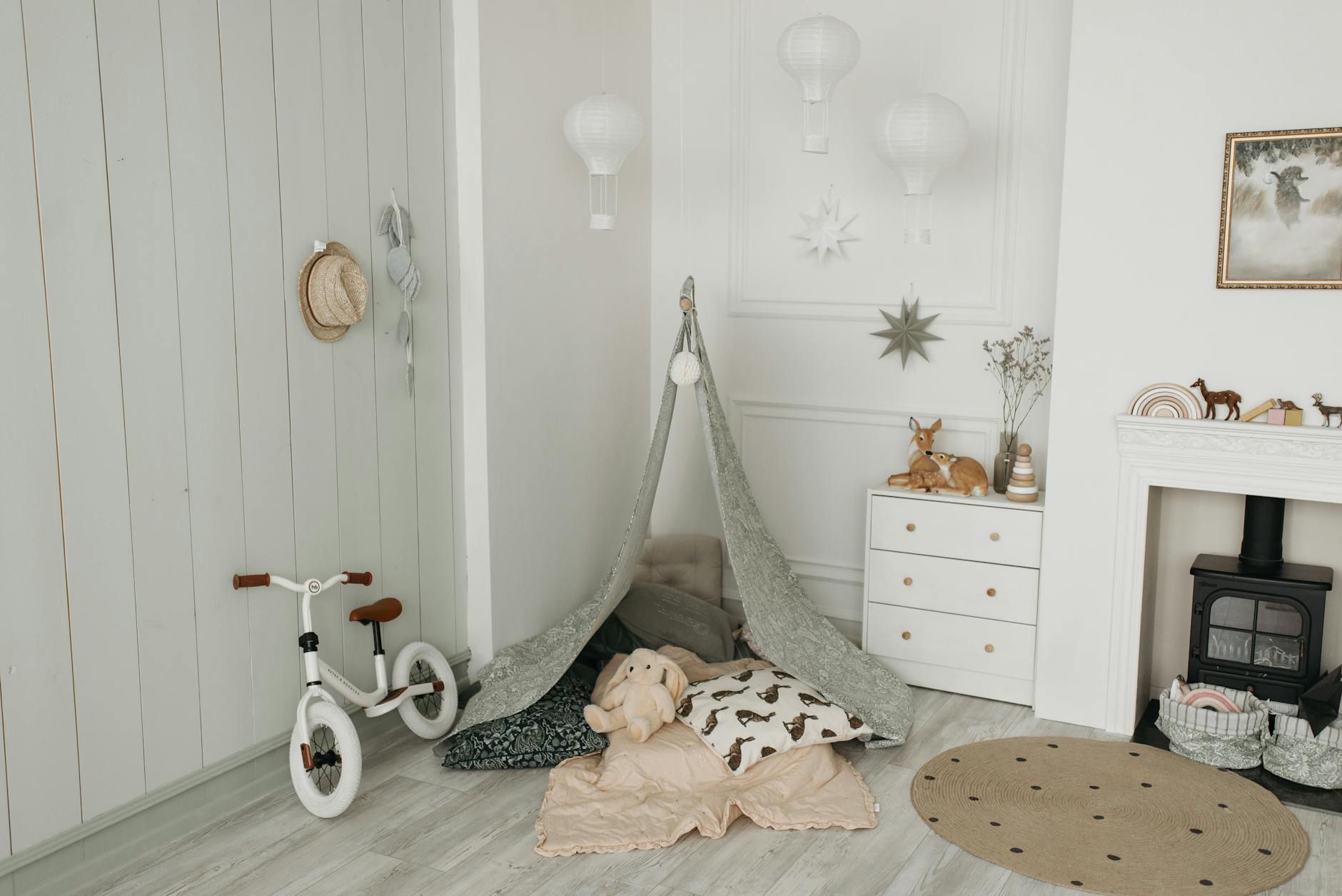
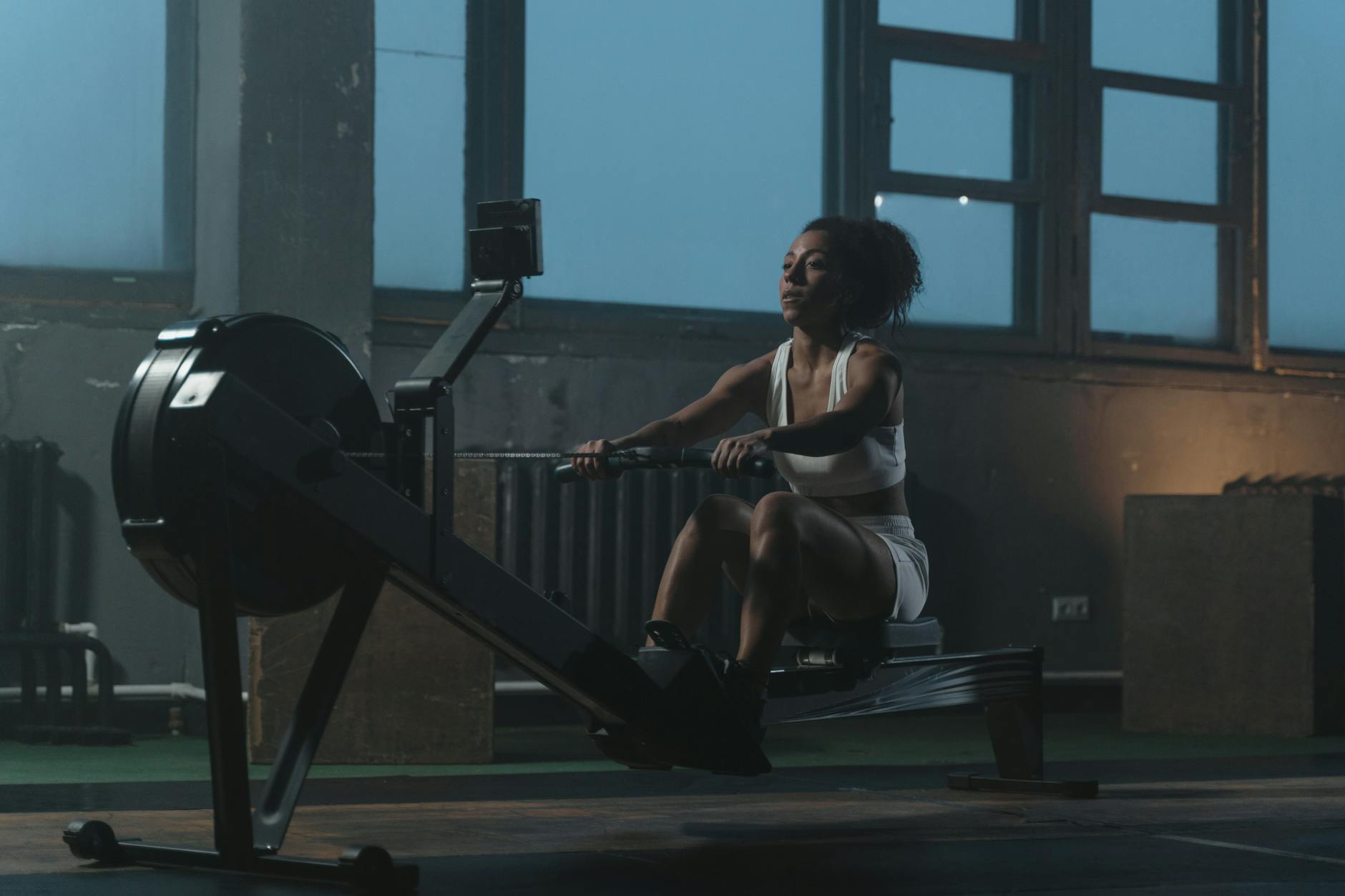






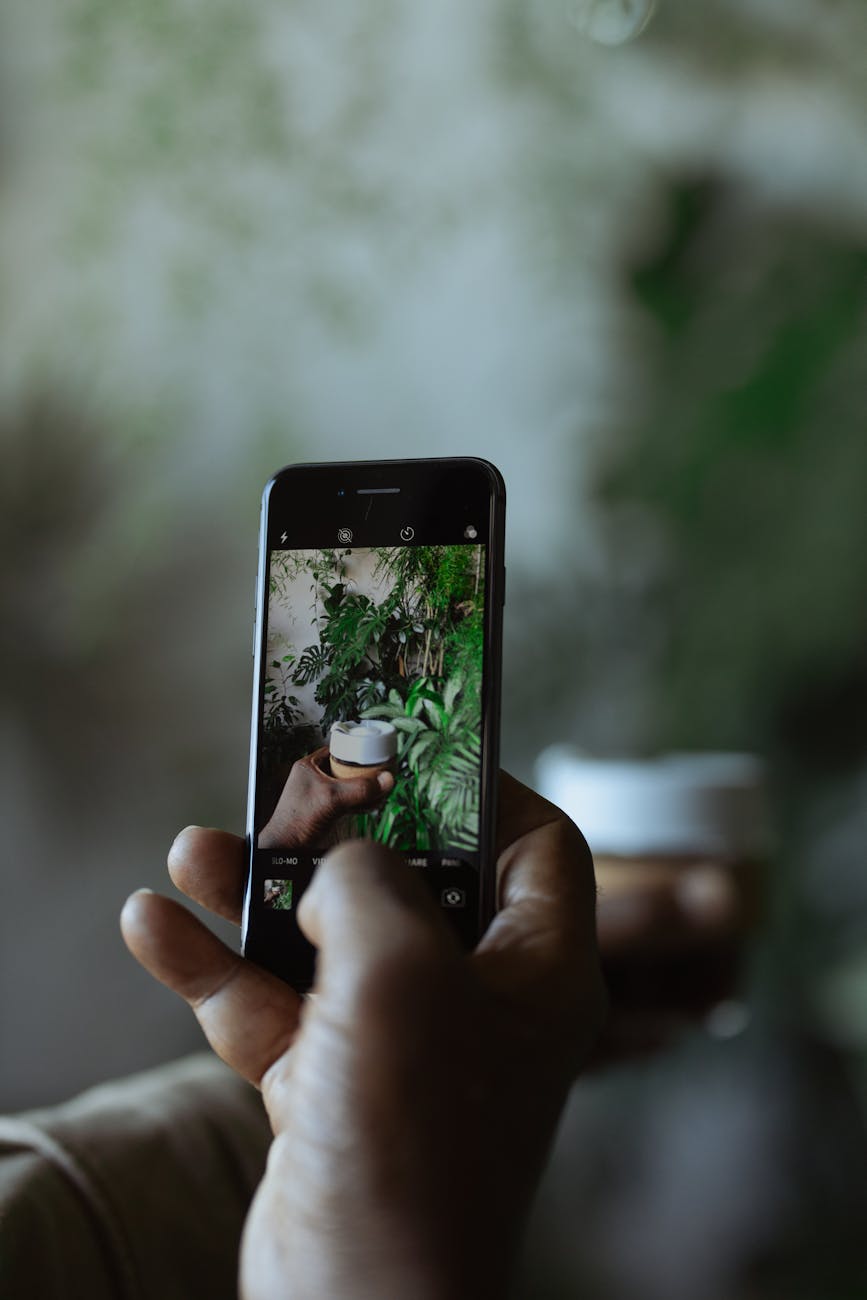
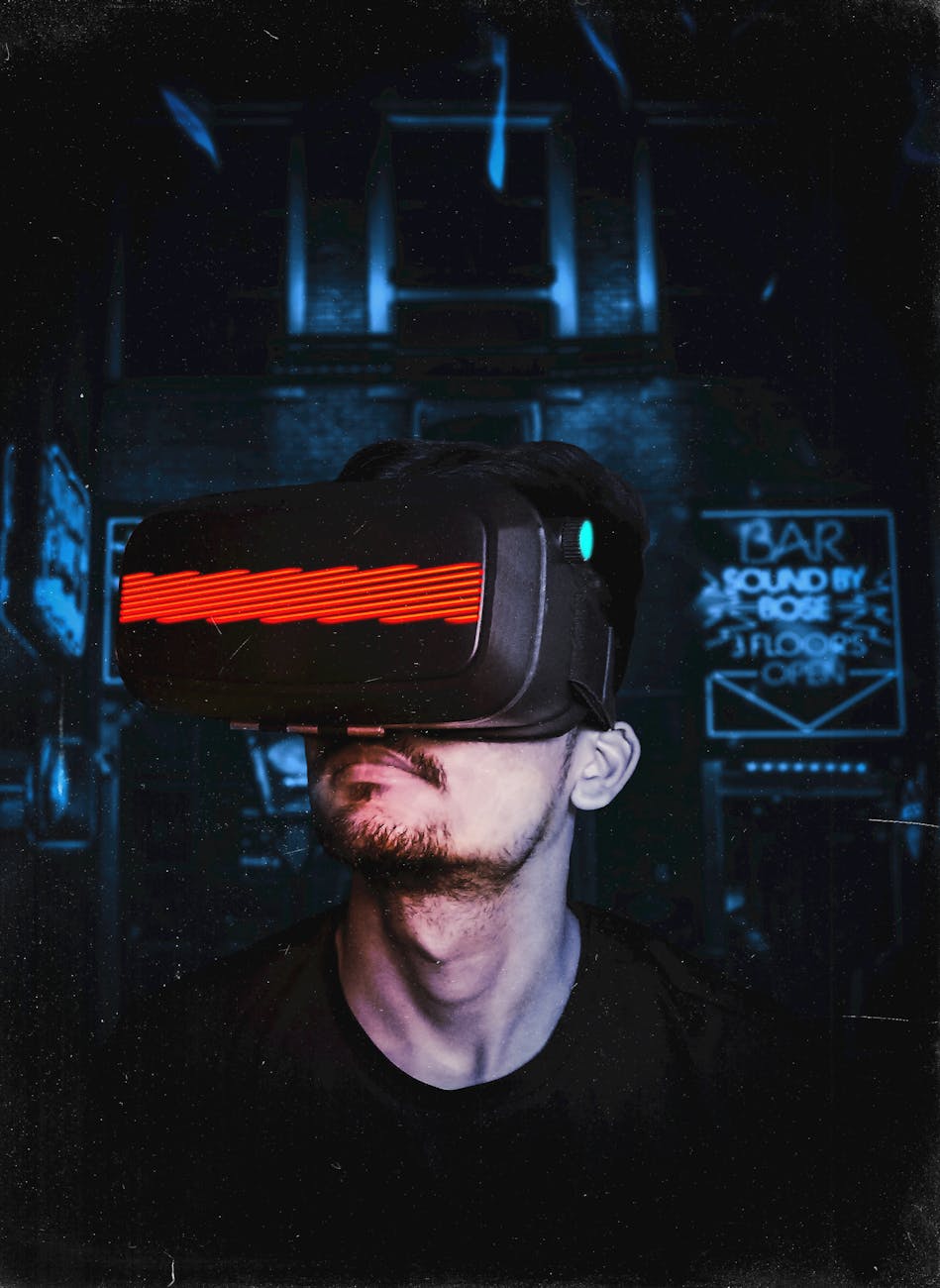

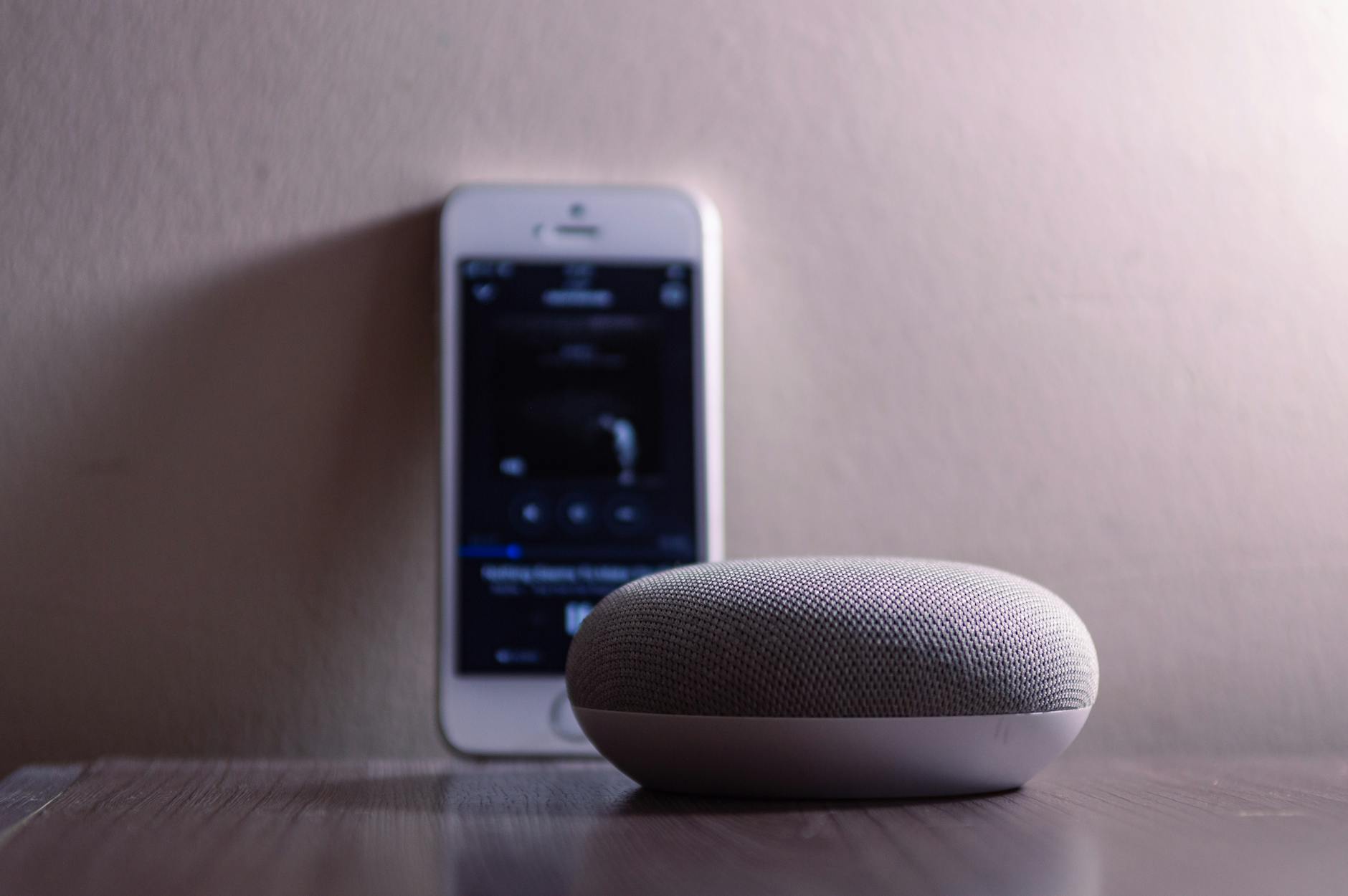
Leave a Reply